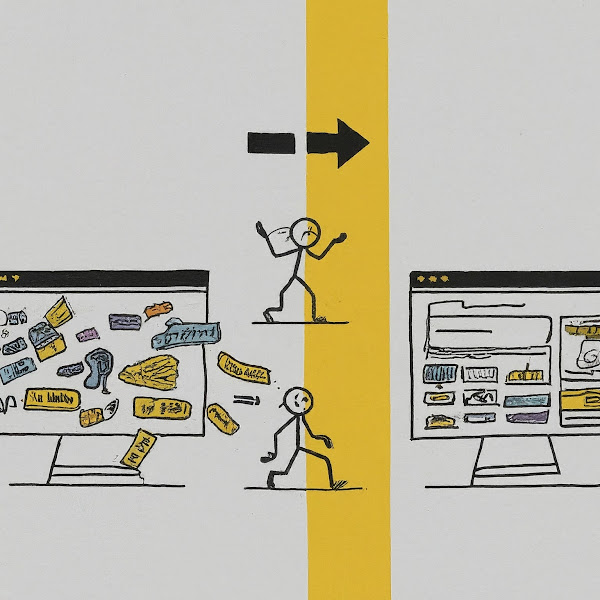The Ethics of Agentic AI: Who’s Responsible When Machines Make Decisions?
The Ethics of Agentic AI: Who’s Responsible When Machines Make Decisions?
Exploring accountability, responsibility, and ethical frameworks for autonomous AI in 2025 and beyond.
Introduction
As agentic AI becomes more autonomous, the ethical implications of machines making decisions are gaining attention. From finance to healthcare, autonomous AI systems now influence high-stakes outcomes, raising critical questions about responsibility and accountability.
"When AI can decide, we must ask: who is accountable for the consequences?" – AI Ethics Expert
Why Ethics Matter in Agentic AI
Unlike traditional AI that follows fixed rules, agentic AI can plan, act, and make decisions independently. This autonomy brings both opportunities and risks:
- Improved efficiency and accuracy in complex tasks.
- Potential for unintended outcomes or errors.
- Legal and moral ambiguity regarding accountability.
Key Ethical Challenges
1. Accountability
If an autonomous AI system makes a wrong decision, determining responsibility is complex. Should the developer, the organization, or the AI itself be held accountable?
2. Transparency
Many agentic AI systems operate as black boxes, making it difficult to understand how decisions are reached. Transparency is crucial for trust and ethical compliance.
3. Bias and Fairness
AI can inherit biases from its training data, leading to discriminatory or unfair outcomes. Ensuring fairness requires careful oversight and continuous auditing.
4. Legal and Regulatory Considerations
Current laws often lag behind technology. Governments and regulatory bodies must establish guidelines for AI decision-making accountability.
Best Practices for Ethical Agentic AI
- Implement audit trails to track AI decision processes.
- Ensure human-in-the-loop oversight for critical tasks.
- Use diverse, unbiased datasets to train AI systems.
- Develop clear policies for responsibility and accountability.
Conclusion
The rise of agentic AI in 2025 brings both transformative potential and ethical responsibility. As machines gain autonomy, defining who is accountable for decisions becomes crucial. Organizations, developers, and policymakers must collaborate to create frameworks that ensure ethical, fair, and transparent AI systems.
Understanding and addressing the ethics of agentic AI is not just a legal requirement—it’s essential for building trust and sustainable innovation in the age of autonomous AI.











Comments
Post a Comment